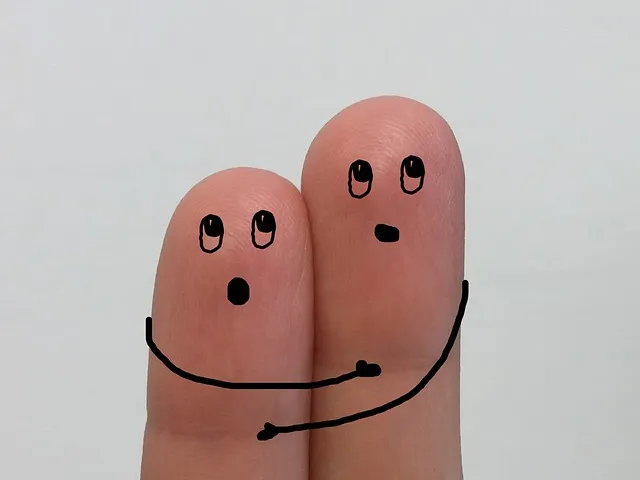Children’s worries and fears sometimes develop into chronic anxiety. Parental desire to help the child in this situation is normal, but often parental hyper-care exacerbates anxiety. This happens when the child is trying to isolate from everything that causes anxiety.
Psychologists and psychotherapists advise not to try as much as possible to isolate the child from everything that causes anxiety, but to allow him to cope with anxiety on his own and learn how to live with him. We have collected the main tips for this:
Tips on how to cope with anxiety for your child
1. Help your child manage anxiety instead of eliminating their cause. You should not avoid things or events just because they make the child anxious. This only works tactically – anxiety decreases at a particular moment, and when the situation repeats, it will arise again. It is necessary that the child learns to withstand his anxiety and continue to live a normal life, even when something of concern happens.
2. Voice positive but realistic expectations to your child. It is not necessary to assert and convince the child that all his fears are groundless. For example, you don’t know for sure that she won’t fail the test or that no one will laugh during her performance. However, you can let your child know that in any case they will be able to control the situation – this will make it possible to understand that you believe in your child and that he will cope with his fears.
3. Encourage your child to talk about their feelings. However, try not to ask leading closed questions. For example, instead of: “Are you worried before the performance?” – ask: “How do you feel about the performance?”.
4. Let your child know that you appreciate the effort they make to overcome anxiety. This will encourage the child to continue living, to do the necessary things, even despite anxiety. Due to contact with the stress factor, the child gets used to it and over time the anxiety decreases.
5. Try to reduce the waiting time. Often the expectation is worse than the event itself, so it is worth reducing the waiting time for what causes stress in the child as much as possible. For example, if a visit to the doctor is the cause of increased anxiety, then you should not discuss it in advance.
6. By your own example, show healthy ways to handle anxiety. Seeing how you cope with your anxiety, the child, following your example, will try to cope with his own. Apply breathing exercises, talk about something funny and positive when you are worried, predict the situation with an emphasis on the fact that you will survive it, no matter what happens.

